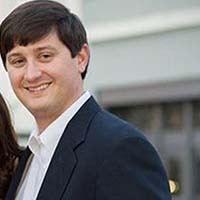 Lincoln County, LA Felony Lawyers
Lincoln County, LA Felony Lawyers
Sponsored Law Firm
-
 x
x

Click For More Info:
-
Babcock Trial Lawyers
10101 Siegen Ln #3-C Baton Rouge, LA 70810» view mapCriminal Defense We Want Your Injury Claim PAID NOW!
At Babcock Trial Lawyers, we work for our clients, maintaining our reputation of excellence as criminal defense & personal injury lawyers in Baton Rouge.
225-500-5000
Not enough matches for Lincoln Felony lawyer.
Below are all Lincoln lawyers.
Sponsored Lawyers
1-10 of 25 matches
Accident & Injury, Divorce & Family Law, Estate, Business, Car Accident
Mike’s Practice focuses on personal injury, auto accidents, and products liability; while he also has experience in estate matters and family law. In addition to his civil law practice, Mike serves as an Assistant District Attorney of the 3rd Judicial District in Lincoln Parish where he is a misdemeanor and juvenile prosecutor.
(more)


 Stephen Babcock Baton Rouge, LA
Stephen Babcock Baton Rouge, LA Practice AreasExpertise
Practice AreasExpertise

